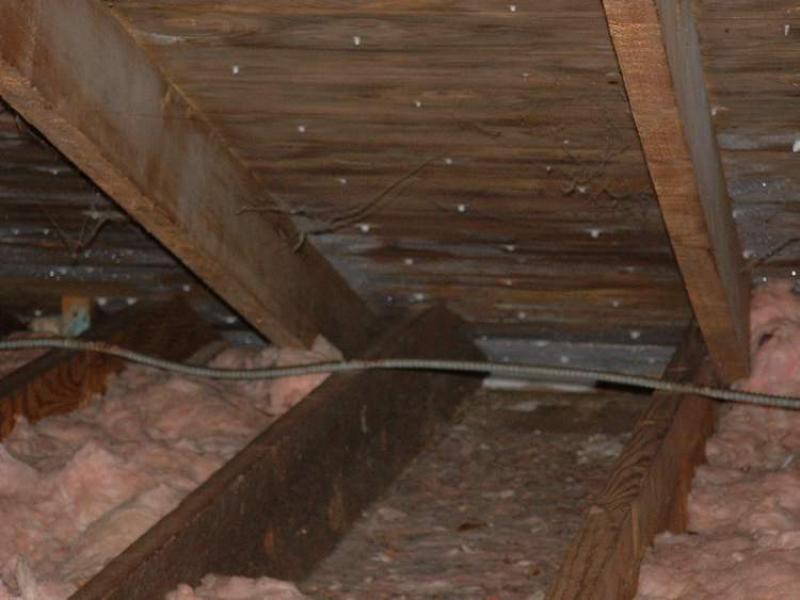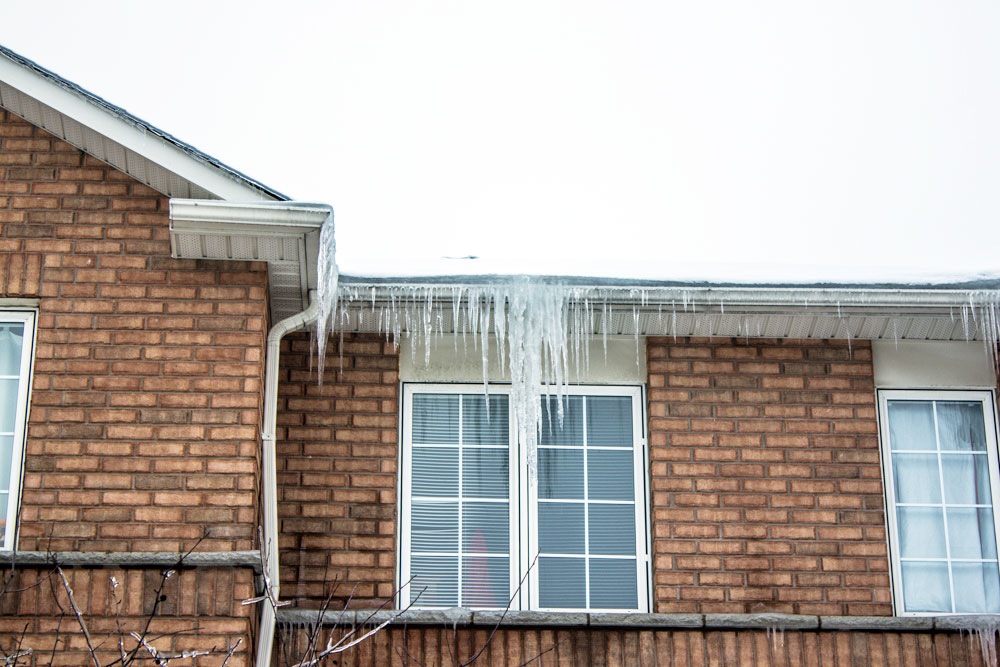Frost In Attic Ottawa

Frost will form therefore on the underside of the deck.
Frost in attic ottawa. When warm air from inside the house escapes traveling up through the bypasses the moisture condenses on the roof boards and rafters where the frost can form. It looks like the roof is leaking but it s really the melting of a winter s worth of frost in the attic. Frost build up in your attic. Sticking my head into hundreds of attics every year i see lots where.
Is the condensation in my attic a problem. Cold air in the attic is not effective in removing condensation because of its low moisture storage capacity. High humidity is likely to blame along with the excessive cold weather. Inspect your attic and look for signs of improper ventilation such as black wood from years of moisture buildup or frost visible on the underside of the roof deck.
It is usually the result of improperly vented bath fans or dryers that terminate into the attic or living space improperly adjusted humidistats on a furnace water problems in a crawlspace or basement the use of an unvented propane gas or kerosene combustion heater or fireplace excess cooking and bathing etc. During winter conditions attic frost is a problem associated with attic bypasses. The straight forward answer is that a little frost seen in a canadian attic in the dead of winter is nothing to panic about. We are noticing excessive frost build up in attics on the underside of the roof sheathing.
Earlier this winter i heard a faint drip drip sound coming from the attic of my 17 year old bungalow. Frost in the attic water infiltration that could damage your ceiling accelerated degradation of materials moreover the national building code requires adequate attic ventilation. Ceiling water leaks are one of the classic signs of air leakage into the attic. Lack of intake ventilation can cause serious condensation problems which will eventually rot the wooden roofdeck making your roof structurally unsafe.
Most of the moisture that finds its way into the roof space will condense out of the air when it comes in contact with the cold sheathing.















































